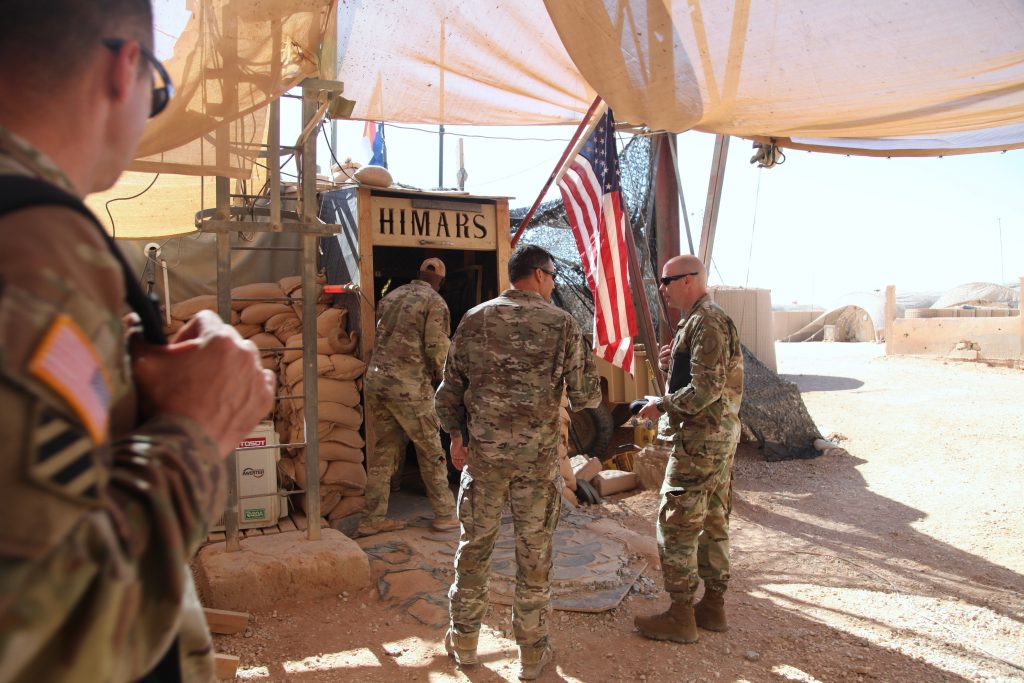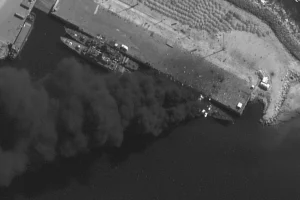U.S. and Syria Forge New Counterterrorism Pact Amid Regional Shifts

By Theodore Bunker | Monday, 10 November 2025 04:58 PM EST
The United States and Syria have announced a new phase of cooperation in the campaign against the Islamic State group following a historic meeting at the White House on Monday. Syrian President Ahmed al-Sharaa became the first Syrian head of state to visit the presidential residence, signaling a deepening alignment between Washington and Damascus in counterterrorism operations.
Unidentified White House officials told The Wall Street Journal that Syria agreed to formally join the U.S.-led military campaign against ISIS during the talks. The move places Syria under the umbrella of the coalition battling the Islamic State group, which has sought to degrade and defeat the organization for years. U.S. officials described the cooperation as a reversal of Syrian policy under former President Bashar Assad, whose government was seen as destabilizing in the region.
Sharaa’s visit followed the collapse of the previous regime last December. With Damascus now led by Sharaa’s rebel coalition, U.S. officials said the shift opens pathways for Syria to join the coalition and collaborate more closely with the U.S. Central Command. Senior U.S. military commanders met with Sharaa’s team ahead of the announcement, laying groundwork for a joint framework to combat ISIS, though implementation details remain unresolved.
Diplomatic engagement is advancing, but full normalization will take time. Both governments reaffirmed plans to reopen embassies in each other’s capitals, though restored missions are months away. U.S. sanctions relief remains conditional, with full repeal of laws like the Caesar Act dependent on Syria’s progress on minority rights and regional stability.
Domestically, the shift has drawn skepticism. Some U.S. senators raised concerns over Sharaa’s credentials, citing reports of sectarian violence in areas under his forces and the presence of foreign fighters. Regional allies also question the stability of Sharaa’s government and its ability to protect minorities.
U.S. military officials stated troop deployments in Syria will not change immediately, with American forces remaining as the new framework is negotiated. The partnership between Washington and Damascus marks a significant geopolitical shift, though analysts caution that its success hinges on reduced extremism, stabilized governance, and enduring alignment of interests.




